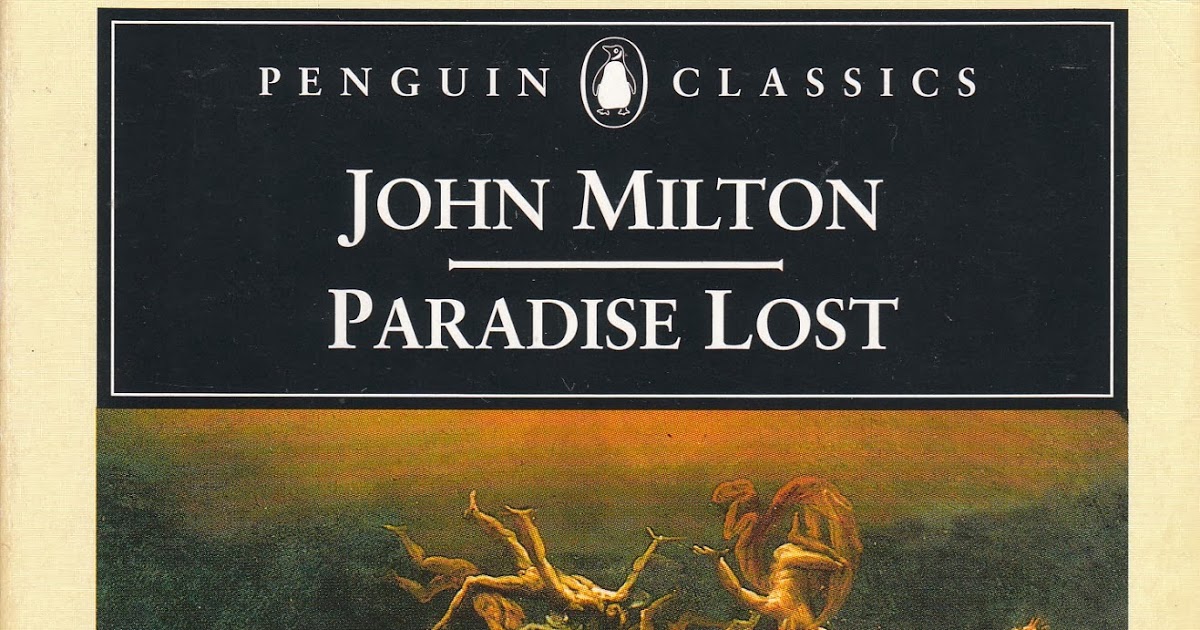By Gary Benton
My hands gripped the pew before me so tightly they ached, as if caught in an over-wrought handshake. I drew in quick, sharp breaths. Though I was careful to keep my head still, my eyes darted wildly around the room. This was church, after all. I didn’t want to draw attention to myself, but what I was experiencing was terror – or at least panic. My mind had attacked me.
Specifically, a voice had erupted from the back of my thoughts. “You are never, ever, ever going to end.” I was ten years old.
“You’re going to go on forever!” I had been skipping children’s church to sit with my parents due to some mix of social anxiety and a burgeoning love for adult preaching.
Login to read more
Sign in or create a free account to access Subscriber-only content.
Topics:
